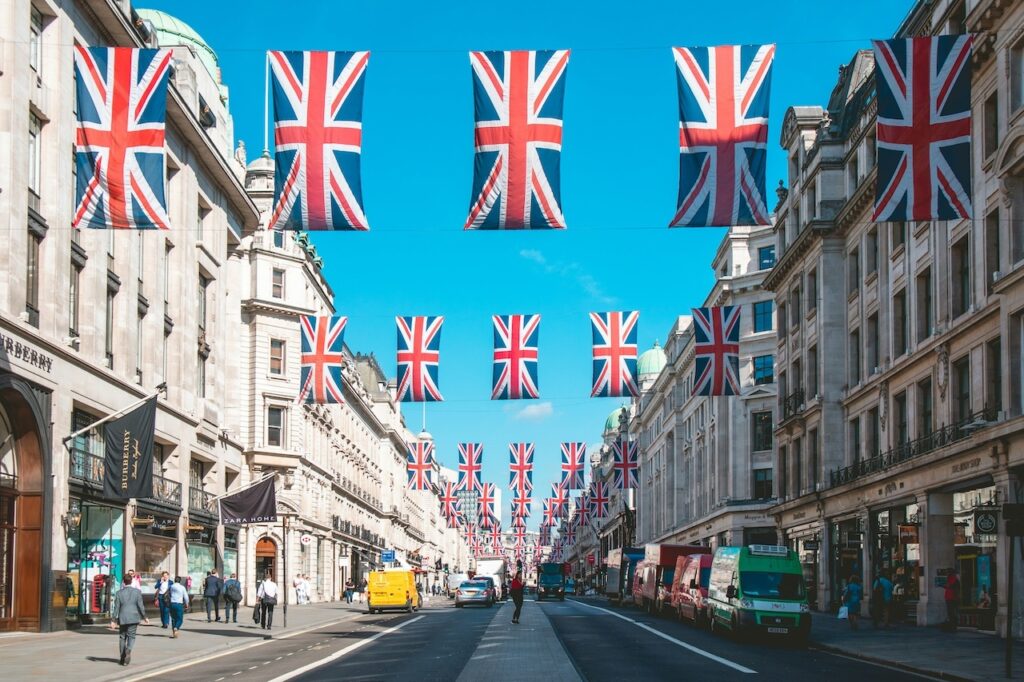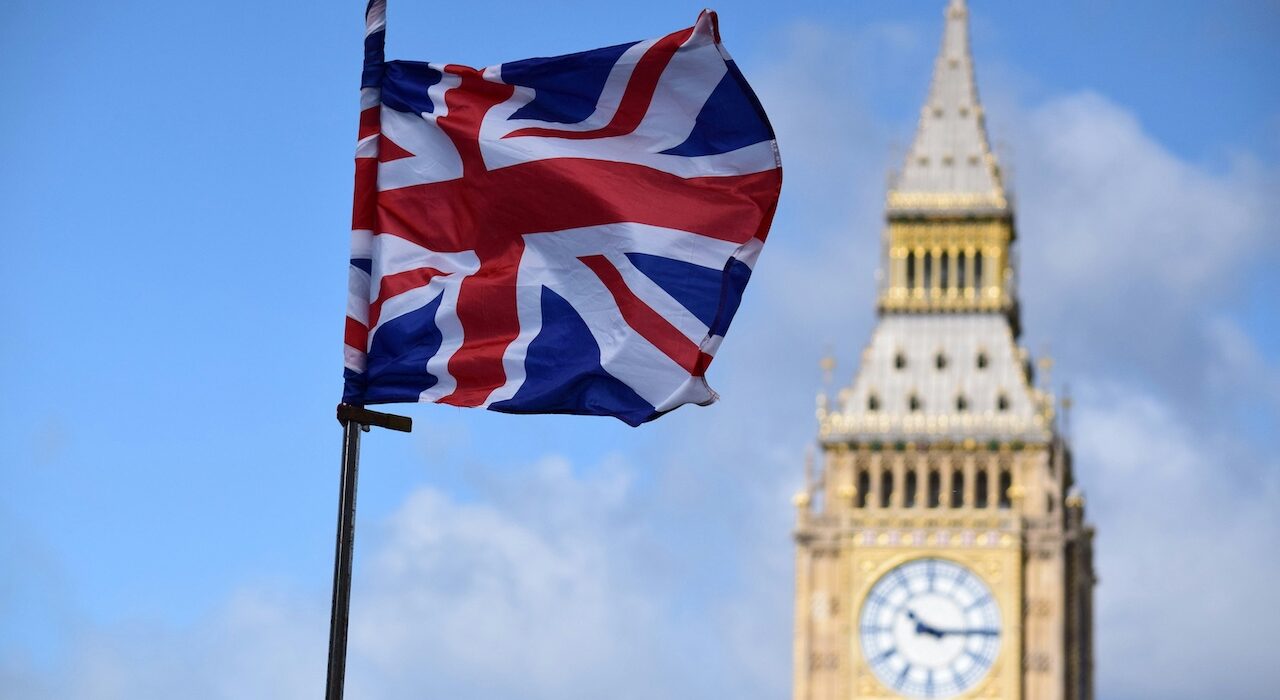The UK Ancestry Visa may be your ticket to becoming a British citizen. If you are a Commonwealth citizen with a grandparent who was born in the United Kingdom, the Isle of Man, and the Channel Islands, then you are eligible for this visa. It is a great option if you want to work, study, or start a new life in the UK.
But as with applying for any visa, there are requirements and steps you need to go through to be granted this visa. This is where we can help. Here at Checklist Visa, we want to educate people on the different types of visas, including the UK Ancestry Visa. In this guide, we’ll cover the essential details involved in acquiring this visa.
What is the UK Ancestry Visa
The UK Ancestry Visa is a visa that allows citizens from Commonwealth Countries to live in the UK through their family heritage. To be eligible for this visa, you need to have at least one grandparent who was born in the UK, the Channel Islands, the Isle of Man, or on a British-registered ship or aircraft. Also, the applicant should be at least 17 years old and can prove that they intend to work in the UK to support themselves instead of relying on public funds.
The visa is valid for five years, allowing you to enter the UK, either to work, study, or even set up a business there. Five years later, you may be able to extend the visa or apply for indefinite leave to remain, which means acquiring a permanent residency in the UK. The UK Ancestry Visa presents a great opportunity for those who have British roots to explore life in the UK, and eventually settle there permanently.
Who is Eligible

To be eligible for the UK Ancestry Visa, you must be a Commonwealth citizen and at least 17 years of age. You must demonstrate that one of your grandparents was born in the UK, in the Channel Islands, on the Isle of Man, or aboard a British-registered ship or aircraft. Adopted grandparents are accepted, however, step-grandparents are not.
Furthermore, you should be able to demonstrate your intention to work or seek employment in the UK and have sufficient funds to support yourself and any dependents if you have one, without using public funds. There is no specific income requirement. However, you have to be able to show proof you can afford your living costs in the UK, including accommodation.
You also need to have the usual requirements for a visa application, particularly a valid passport. Also, you need to lodge your application outside the UK. Once approved, you can live in the UK for five years using this visa, with the option to extend it or apply for permanent residency to remain in the UK.
Benefits of the UK Ancestry Visa
Here are the benefits of having a UK Ancestry Visa:
Right to Work
With the ancestry visa, you can legally work and live in the UK. This visa also allows you to study or even open a business.
Path to Permanent Residency
While the visa is initially valid for five years, you can extend it before it expires. There is also the option to apply for a permanent residency once you become eligible.
No Sponsorship Needed
Unlike employer-sponsored work visas, you don’t need sponsorship to work in the UK under the ancestry visa. Therefore, you can be flexible in your employment choices since you don’t need to be tied to an employer.
Study Opportunities
Besides working, the UK Ancestry Visa will also give you the opportunity to pursue higher education without any restrictions.
Family Inclusion
The visa allows you to sponsor your family members, such as your spouse and dependent children. This means you can bring your family to the UK if you want.
Healthcare Access
While living in the UK under the ancestry visa, you will have access to the National Health Service (NHS). However, you will need to pay an immigration health surcharge.
Potential for Citizenship
After you gain an indefinite leave to remain in the UK, you can be eligible to apply for British citizenship.
Application Process
If you are eligible for the UK ancestry visa and interested in moving to the UK, here are the steps involved in applying for this visa.
1. Gather the Required Documents
The first step is to gather the required documents, which include the following:
- Valid passport
- Proof of grandparent’s birth in the UK
- Your birth certificate
- Financial evidence to prove you can support yourself in the UK
2. Complete the Online Application Form
Next, fill out the UK Ancestry Visa application form. You can get this from the official website of the UK government.
3. Pay the Fees
There is a fee involved when applying for the UK Ancestry Visa. After you fill out the form, you need to pay the application fee of £637. You also need to pay for the immigration health surcharge to access the National Health Service (NHS). It costs £1,035 per year for adults and £776 per year for those under 18 years old.
4. Book a Biometrics Appointment
During your online application, you must schedule an appointment at a visa application center for biometrics. During this appointment, your fingerprints and photographs will be taken, also called biometric information.
5. Wait for the Processing of the Visa
After the biometrics appointment, all you need to do is wait while your visa is being processed. It typically takes around 3 weeks. However, this can vary. Once the visa is approved, you’ll receive a vignette in your passport that will allow you entry into the UK.
FAQs for the UK Ancestry Visa

How long does it take to process the UK Ancestry Visa?
Processing time of the UK Ancestry Visa takes anywhere from three to six weeks from the date of your biometrics interview. It is subject to change, depending on the workload of the application center you submit your visa and your country of application. It is advisable to apply well in advance, at least several months, to avoid delays and sufficient preparation in case you intend to move to the UK.
Do I need a job offer to apply for the UK Ancestry Visa?
You will not need an offer of employment to obtain the UK Ancestry Visa. However, you must show that you plan to work in the UK after arrival. You should be able to demonstrate your intention to work, with proof of your skills and qualifications. Once you have the visa, you can take up whatever type of employment in the UK. You can also become self-employed or run a business if that’s what you intend to do to support yourself.
What happens if my UK Ancestry Visa application is refused?
If your UK Ancestry Visa application is refused, the department will write to you explaining why. You can choose to appeal this or request an administrative review on grounds of refusal. Be sure to read the explanation carefully and rectify any matters presented prior to submitting another application. If you choose to reapply, you should meet all the requirements for eligibility and supplement your application with any additional documentation that can lead to a successful outcome.




